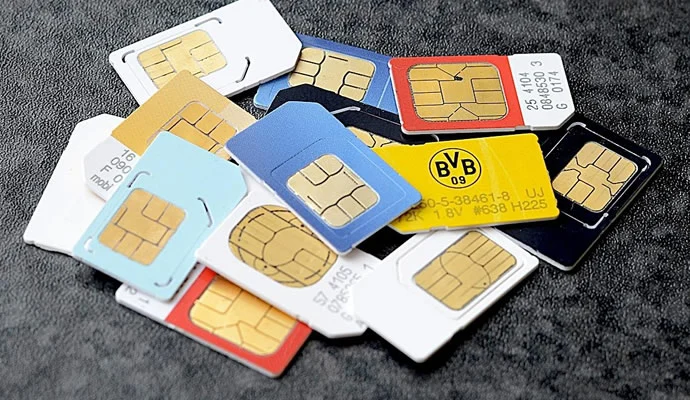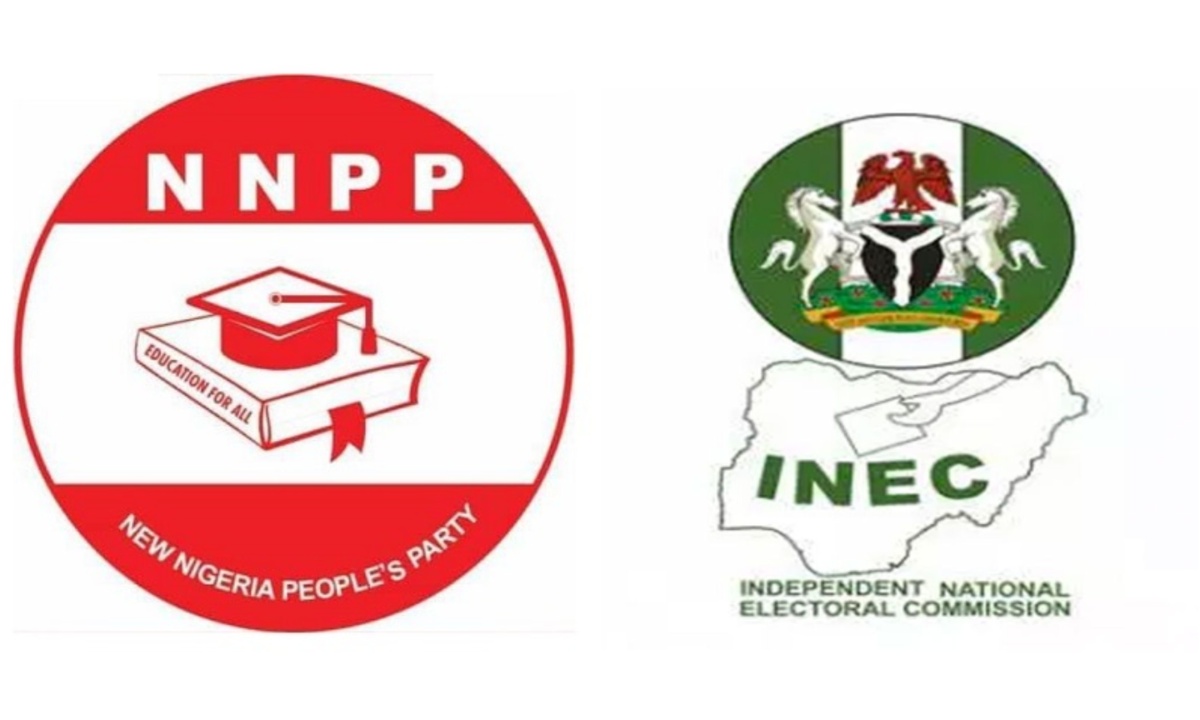NIN-SIM linkage: SERAP sues Buhari over access granted to security agencies
Socio-Economic Rights and Accountability Project (SERAP) has filed a lawsuit against the President, Major Muhammadu Buhari (retd.), over the alleged failure to review and rescind his approval for security agencies to access Nigerians’ personal details via NIN-SIM linkage without due process of law.
Buhari had in February reportedly given his approval for some security agencies to access the database of the National Identity Management Commission in the course of carrying out their duties.
But in the suit number FHC/L/CS/448/2022 filed at the Federal High Court, Lagos, SERAP asked the court to determine “whether the approval for security agencies to access people’s personal details via the National Identification Number [NIN] without due process is consistent with the principles of legality, necessity, and proportionality.”
Joined in the suit as respondents are Mr Abubakar Malami, SAN, Attorney General of the Federation and Minister of Justice, and Mr Isa Pantami, Minister of Communications and Digital Economy.
The suit filed on behalf of SERAP by its lawyers Kolawole Oluwadare and Opeyemi Owolabi read in part: “The right to privacy allows Nigerians to hold opinions and exercise freedom of expression without arbitrary or illegal interference and attacks.
“While the effectiveness of the fight against serious crime may depend to a great extent on the use of modern investigation techniques, such an objective of general interest, however fundamental it may be, cannot in itself justify the unlawful or arbitrary interference with the right to privacy.
“Unlawful or arbitrary access to people’s personal details would contravene section 37 of the Nigerian Constitution 1999 (as amended), article 17 of the International Covenant on Civil and Political Rights, and article 5 of the African Charter on Human and Peoples’ Rights, which protect against arbitrary or unlawful interference with one’s privacy.
“The power to access individual’s details raises serious concerns as to their arbitrary use by the authorities responsible for applying them in a manner that reduces human rights by the monitoring and surveillance of millions of Nigerians.
“Violations or abuses of the right to privacy might affect the enjoyment of other human rights, including the right to freedom of expression and to hold opinions without interference.
“Private conversations of individuals – which belong to their intimate sphere and contribute to their personal development – also enjoy strong legal protection and can only be limited based on the principles of legality, necessity and proportionality.”
No date has been fixed for the hearing of the suit.













